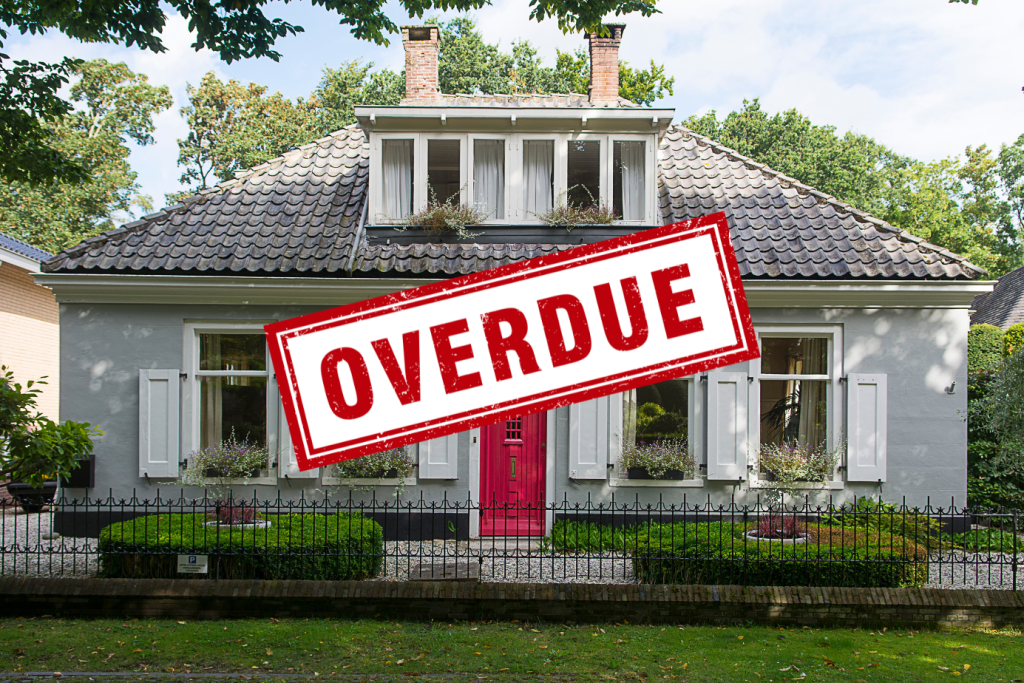Delinquent Property Taxes in Texas: 5 Critical Facts You Need to Know

Here’s what you need to know about delinquent property taxes in Texas:
- Texas property taxes are typically due on January 31st; unpaid accounts become delinquent as of February 1st, triggering penalty fees and interest.
- Delinquency penalties and interest compound monthly, resulting in a significant debt increase (up to 33%) on July 1st, when the account is turned over to a collections attorney.
- Limited options for short-term relief include contacting the local tax office for payment plans (if eligible), applying for a tax deferral, or securing a property tax loan.
- The most severe consequence of delinquency is the tax lien placed on your property, which gives taxing entities the right to pursue foreclosure and sale of the home.
- Gill, Denson & Company helps you proactively protest your property’s valuation, which can lower the taxable basis and future delinquency risk.
The Deadline: When Taxes Become Delinquent
For many Texas homeowners, their annual property tax bill is the most significant expense they face. If it goes unpaid, the financial consequences can spiral out of control fast. Property taxes are calculated and imposed for the prior calendar year, but are due in the current year. In most cases, the deadline to pay your property taxes is January 31st.
Taxes become officially and legally delinquent on February 1st. This is a critical date, as it immediately triggers the statutory penalties and interest set by the state of Texas. If you don’t receive your bill on time, the delinquency date may be postponed until at least 21 days after you receive it. Once taxes are delinquent, the county tax assessor-collector is legally required to begin the collection process.
Immediate Penalties and Compounding Interest
The most alarming aspect of delinquent property taxes in Texas is how quickly the debt can grow. There is no grace period, and the fees begin to accrue immediately as of the delinquency date. It’s a compounding problem that turns an already large tax bill into an enormous one in a matter of months. The chart below illustrates this issue:
| Date | Penalty Fee (% of total due) | Additional Interest |
|---|---|---|
| February 1st | 6% | 1% |
| March through June | Increases by 1% per month | 1% per month |
| July 1st | Up to 12% (plus 20% for attorney collection fees) | 1% |
The increase caused by the attorney collection fee is why you cannot afford to delay payment past July 1st. Once a tax account goes into collection with a law firm, your total bill can jump by thousands of dollars overnight. The longer it goes unpaid, the higher those fees can get.
Your Options for Payment and Relief
The goal is to avoid delinquent property taxes in Texas at all costs. However, if you cannot pay your property tax bill in full by the deadline, you have some options to explore:
- Payment Plans: Qualified homeowners may be able to set up payment plans with the county tax office. These plans allow homeowners to pay in four equal installments without penalty or interest. Contact your local tax office to learn more about the plans and eligibility requirements.
- Tax Deferrals: Homeowners aged 65 or older or disabled may apply for a tax deferral. This option postpones the due date of taxes on their homestead until the home is sold or changes ownership. Interest continues to accrue during the deferral period, but legal action against the home is stopped (i.e., foreclosure).
- Property Tax Loans: Another option is to secure a property tax loan from a private lender. The loan company pays your taxes in full to the county, immediately stopping the county’s penalties and interest. You then repay the loan company with a new payment schedule and interest rate.
Please note that we are not a legal or financial advisor, and we can only provide tips on what options might be available to you.
The Serious Rights You Can Lose
The risk of delinquent property taxes is more severe than just facing high penalty fees and interest. It directly threatens your ownership rights. The moment taxes become delinquent, there is a tax lien on your property, which must be settled before you can obtain a clear title.
The ultimate risk is a tax foreclosure on your home. If delinquent taxes remain unpaid, the taxing entities have the right to file a lawsuit to foreclose on the tax lien. This means they can sell the property at auction to recover the taxes, penalties, interest, and attorney fees.
The Proactive Solution for Delinquent Property Taxes in Texas
While payment plans and loans can offer short-term relief, they do not solve the root cause of the problem: high taxes. The smart, long-term strategy here is prevention. While you can’t do anything about the tax rates, it is possible that your property’s appraised value is unfairly high. This leads to a higher tax bill that is more difficult to pay. Thankfully, all Texas homeowners have the right to protest their property taxes, appealing the county’s tax-assessed value of their property.
At Gill, Denson & Company, we are experts in the Texas property tax protest process. While we do not handle delinquent tax payments, we specialize in helping you fight your valuation to secure a fair appraisal. We’ll work with you through every step of the protest process to achieve the largest reduction possible. By ensuring your property’s value is fair and accurate, you can potentially lower the amount you pay before the delinquency timeline even starts.
It’s time to take control of your tax future. Stop the cycle of unfairly high tax bills and avoid delinquent property taxes in Texas. Contact Gill, Denson & Company today to get started on your property tax protest and ensure you are only paying your fair share.









